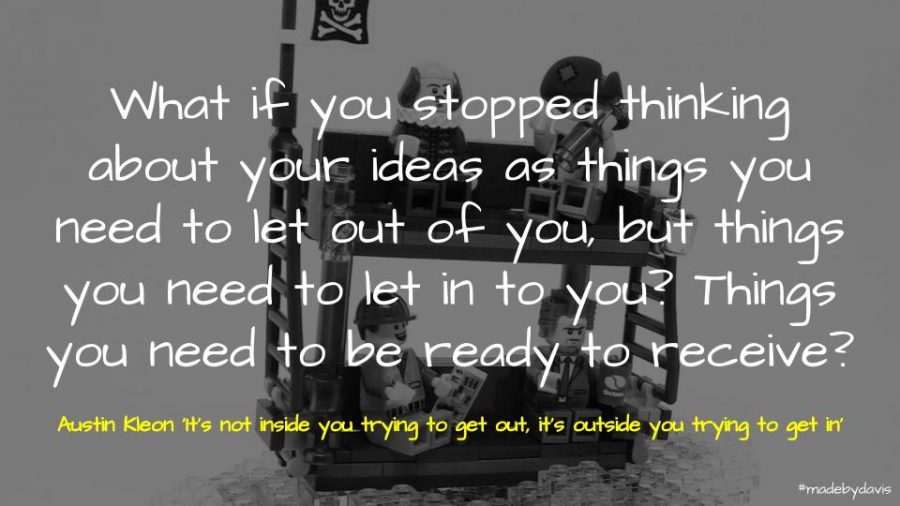This is another reflection on the lessons learnt about education from being a parent. This time it is the importance of trust.
At the swimming centre where my daughters have lessons there are two instructors who walk around while the lessons are on. They serve a number of roles. Whether it be providing suggestions to support the development of the swimmers, coordinating lessons and overseeing the safety of those in the pool.
During a recent lesson, one of the instructors came and spoke with me about my youngest daughter. She said that she wanted to move her up to the next class. Out of interest, I asked her why. She explained that she felt my daughter would benefit from being with older students and no longer needed the shallow pool. She then asked if that was ok with that?
I was a little taken aback by the question. I was fine with my daughter moving up. I was also fine if she stayed in the group she was currently in. The reality is that in this situation, I can only trust those in and out of the pool. Although I may ask where my daughter’s development is at and whether there is anything my wife and I could do to support her, I do not feel there is anything achieved in questioning the decision of the educators at hand.
I feel the same way about the classroom. In today’s age of fear, we worry about the ‘best’ teacher and the effect size associated with the ‘right’ teacher. I remember working in country town a few years ago where parents would move their children to a different school if they got the ‘wrong’ teacher. The problem I have is that sometimes the best teacher is a supported teacher. My daughter’s classroom teacher will often spend more time with her than my wife and I. In my opinion hovering around a teacher or the school creates an situation of stress and anxiety for all involved. I love how Dan Haesler captures this in regards to protecting children from any sort of risk:

I think we need to trust teachers rather than moving students around the market. Maybe this is just me? Maybe in time I may change my mind? As always, thoughts welcome.
If you enjoy what you read here, feel free to sign up for my monthly newsletter to catch up on all things learning, edtech and storytelling.

